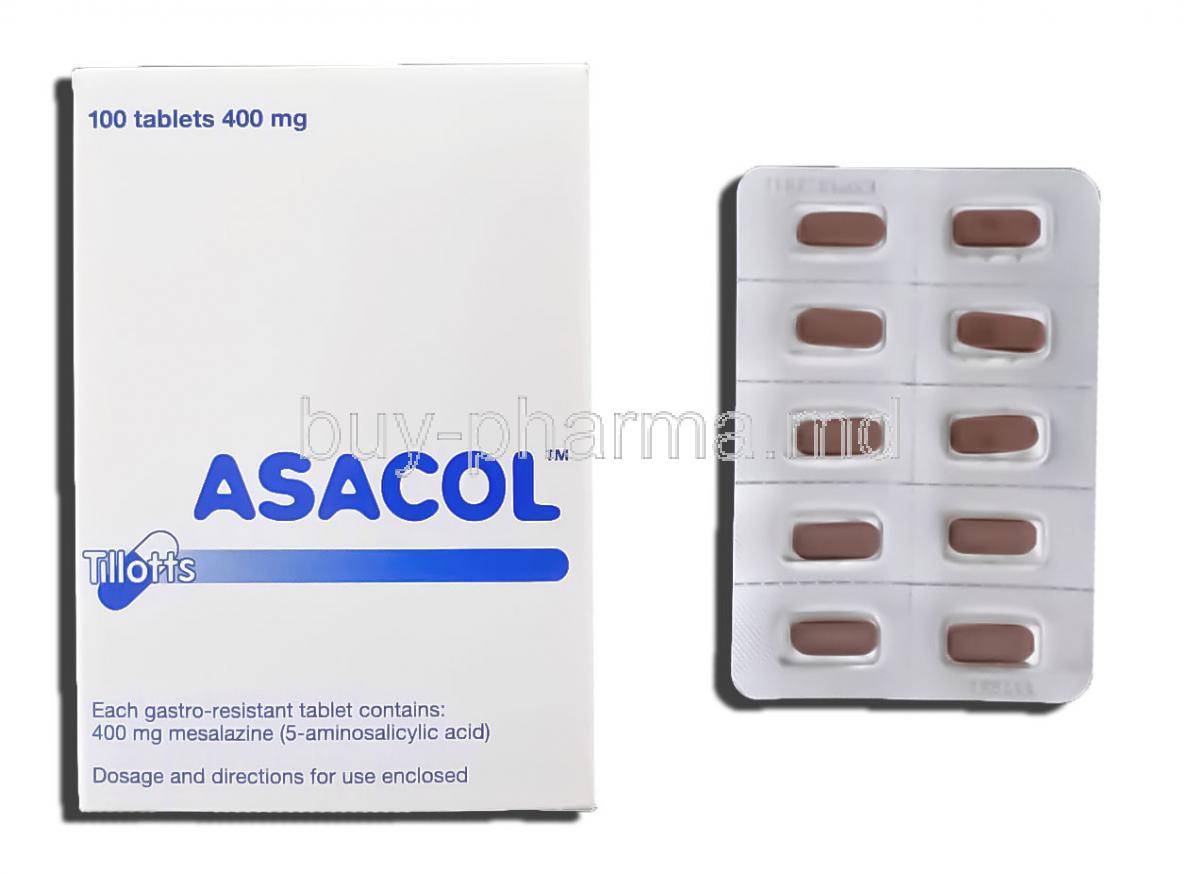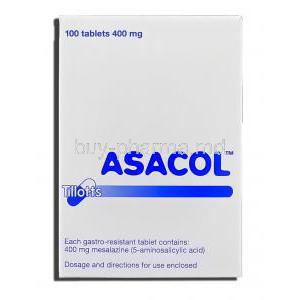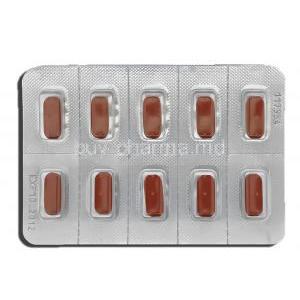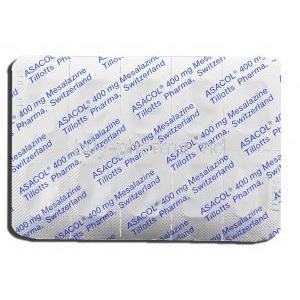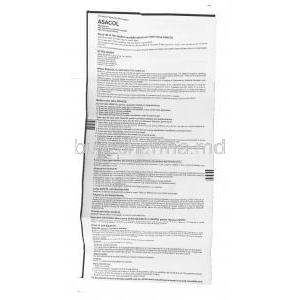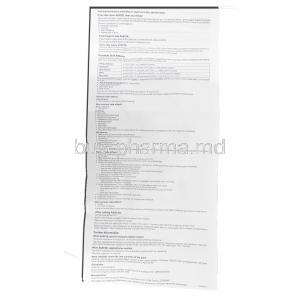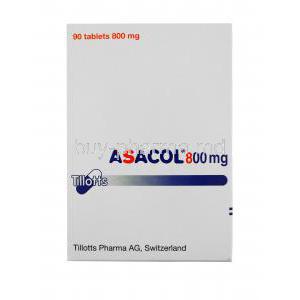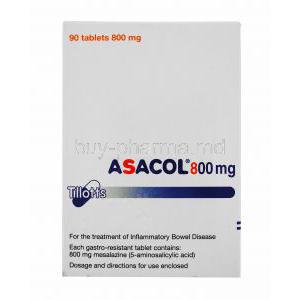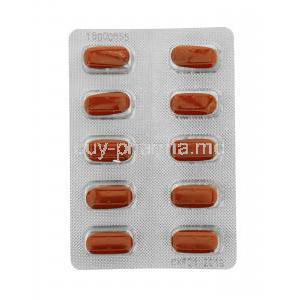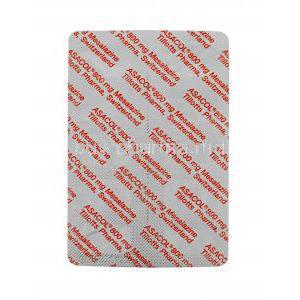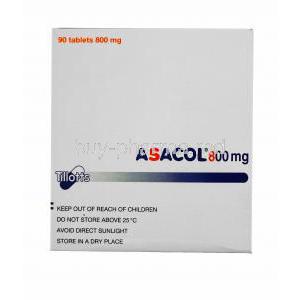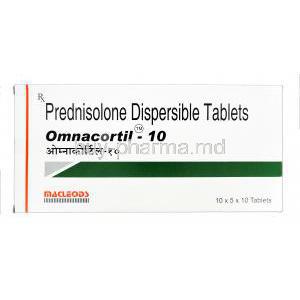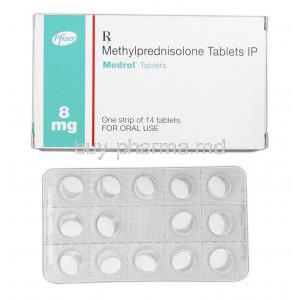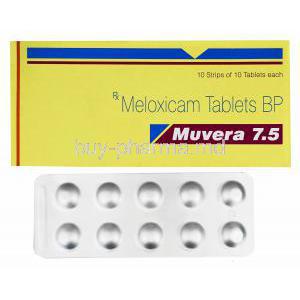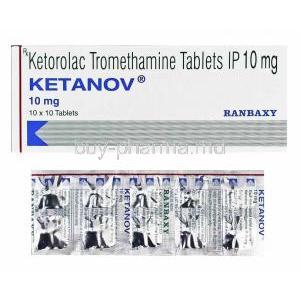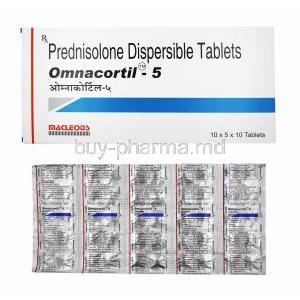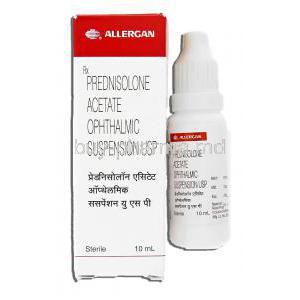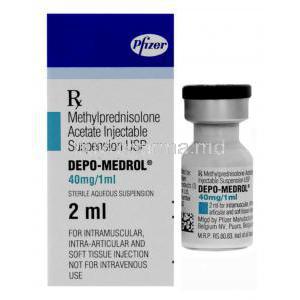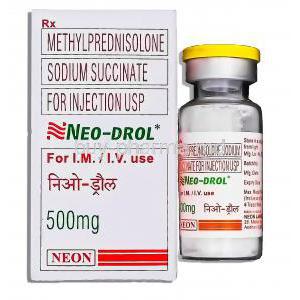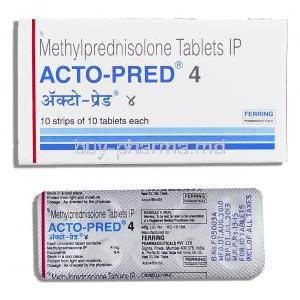Asacol
- I. Introduction
- II. Uses of Asacol
- III. How Asacol Works
- IV. Composition of Asacol
- V. Dosage and Administration
- VI. Common Side Effects
- VII. Important Precautions
- VIII. Contraindications
- IX. Interactions with Other Substances
- X. Careful Administration
- XI. Warnings
- XII. Storage Guidelines
- XIII. Handling Precautions
- XIV. Overdosage
- XV. Additional Considerations
- XVI. Conclusion
I. Introduction
Asacol is a prescribed medication for treating inflammatory bowel conditions like Ulcerative Colitis and Crohn's Disease. Its active ingredient, mesalamine, is well known for its inflammatory properties. Before starting any medication, it's crucial to understand the specific drug. This includes knowing its uses, potential side effects, and how it may interact with substances. Having this knowledge not only ensures that the medication is effective but also helps minimize any risks. The purpose of this article is to provide an overview of Asacol. It covers aspects such as approved and off-label uses and detailed guidelines on dosage and administration.
II. Uses of Asacol
Asacol (mesalamine) is a medication that is used to treat ulcerative colitis, a long-term condition characterized by inflammation and ulcers in the colon and rectum 123. It is also used to treat Crohn’s disease, another bowel condition that can impact different parts of the digestive system 12.
While Asacol is not officially approved by the FDA for the treatment of irritable bowel syndrome (IBS), some healthcare professionals recommend using it to treat IBS 4.
Asacol has also been prescribed to address diverticulitis, a condition marked by inflamed or infected pouches within the colon wall 5.
Here are some references that provide more information about Asacol:
- Drugs.com: Asacol
- Verywell Health: Asacol for Irritable Bowel Syndrome (IBS)
- MedlinePlus: Mesalamine
- RxList: Asacol
- National Center for Biotechnology Information: Mesalamine
III. How Asacol Works
How Asacol Works: It functions by exerting its anti-inflammatory effects mainly due to its active component called mesalamine. This substance works by inhibiting the production of chemicals in the body that trigger inflammation. Reducing Inflammation Mesalamine acts by suppressing the activity of cyclooxygenase and lipoxygenase, which decreases the production of prostaglandins and leukotrienes. These compounds are known to be contributors to inflammation. Areas of Focus in the Digestive System Asacol effectively addresses inflammation and promotes healing in the colon and rectum.
IV. Composition of Asacol
Active Components The component found in Asacol is mesalamine. Inactive Components elements present in the formulation include magnesium stearate, cellulose, and ethylcellulose. Available Forms Asacol is accessible in delayed-release tablets and gastro-resistant capsules.
V. Dosage and Administration
Here are the recommended guidelines for taking Asacol: General Guidelines: The usual dose can range from 800 mg to 4.8 g per day taken orally. However, the exact dosage may vary depending on the severity of your condition. Dosage for Specific Conditions: Ulcerative Colitis: The typical dosage for Ulcerative Colitis is usually between 1.6 to 2.4 g per day. Crohn’s Disease: For Crohn's Disease, a higher dosage may be necessary, often ranging from 2.4 to 4.8 g per day. Special Dosage Considerations: Patients: Due to changes in how medications are processed by older individuals (pharmacokinetics), lower initial doses may be required for the elderly population. Pregnant Women and Nursing Mothers: Asacol falls under Pregnancy Category B, meaning there haven't been well-controlled studies on its use in pregnant women. Children: The safety and effectiveness of Asacol in populations have not been entirely determined yet.

VI. Common Side Effects
Here is a list of side effects frequently mentioned by patients: pain, nausea, and headache. Based on trials, it has been found that around 5 10% of patients reported experiencing at least one side effect while undergoing treatment.
VII. Important Precautions
Essential Warnings for Individuals with Existing Health Conditions If you have pre-existing health conditions, it's crucial to be cautious when using Asacol. People with kidney dysfunction, liver impairments, or gastrointestinal obstructions should exercise prudence. Take necessary precautions. Kidney Dysfunction: As Asacol is processed in the kidneys, individuals with insufficiency may experience elevated drug levels, which can lead to toxicity. Hepatic Impairments: Individuals with liver disorders should undergo a medical evaluation before starting Asacol therapy. Gastrointestinal Obstructions: Individuals with obstructions should not use Asacol due to the risk of exacerbation. Factors to Consider Before Starting Asacol Before beginning a regimen of Asacol, it's essential to consider your medical history. This includes medications you are taking, Any allergies you may have to mesalamine or sulfasalazine, Intestinal complications such as pyloric stenosis.
VIII. Contraindications
People who have a hypersensitivity to mesalamine, individuals with renal dysfunction, and those with gastric obstructions should avoid using Asacol. It is important to note that certain medications such as antacids, and specific diuretics, like spironolactone and azathioprine, can interact with Asacol. These interactions may lead to increased side effects or reduced effectiveness of the treatment.
IX. Interactions with Other Substances
Interactions between drugs: Warfarin can potentially increase the anticoagulant effects. Interactions between drugs and food: Consuming meals high in fat might decrease the absorption of the medication. Interactions between drugs and alcohol: Drinking ethanol may intensify side effects. Please note that these interactions should be considered for your safety and well-being.
X. Careful Administration
It is recommended to undergo blood tests to keep track of the functioning of your kidneys and liver. It is also important to take precautions during treatment and be vigilant, for any signs of mesalamine-induced cardiac hypersensitivity reactions.
XI. Warnings
Black Box Warnings
no black box warnings are associated with Asacol.
Long-Term Use Concerns
Indefinite use may result in nephrotoxicity and hepatic complications.
XII. Storage Guidelines
The best way to store medication is in a dry place away, from direct sunlight. It's essential to keep the humidity level below 60%. If you come across expired medication make sure to dispose of it and avoid ingesting it.
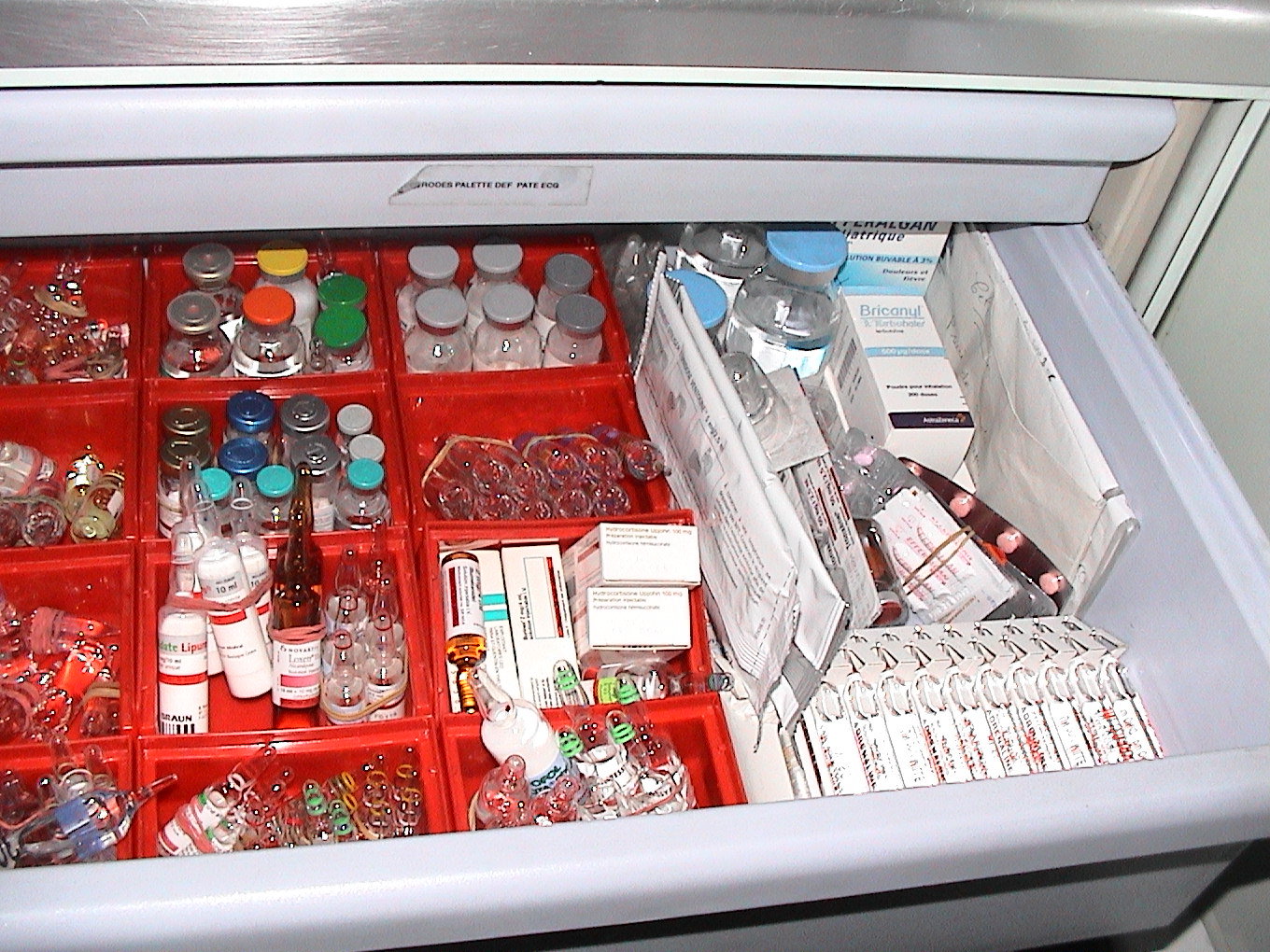
XIII. Handling Precautions
Here is the paraphrased version: Tips for Dealing with Tablets or Capsules: Avoid crushing or chewing the tablets. Make sure your hands are clean and dry before handling them. Safety Precautions when Administering: Take the medication with a full glass of water for absorption.
XIV. Overdosage
Signs of an overdose may include feelings of nausea, vomiting, and abdominal pain if medical professionals instruct you only to induce vomiting. It is crucial to seek medical attention.
XV. Additional Considerations
Comparing Asacol to similar medications, it is found that Asacol causes fewer gastrointestinal side effects than sulfasalazine. It's important to note that Asacol falls under the category of higher-tier drugs, which may result in variations in insurance coverage.
XVI. Conclusion
Here are the main takeaways; Asacol is an effective medication, for treating inflammatory bowel diseases, but it requires careful consideration and guidance from a healthcare professional. It is crucial to consult with a healthcare provider before starting Asacol therapy to ensure a medical evaluation.

